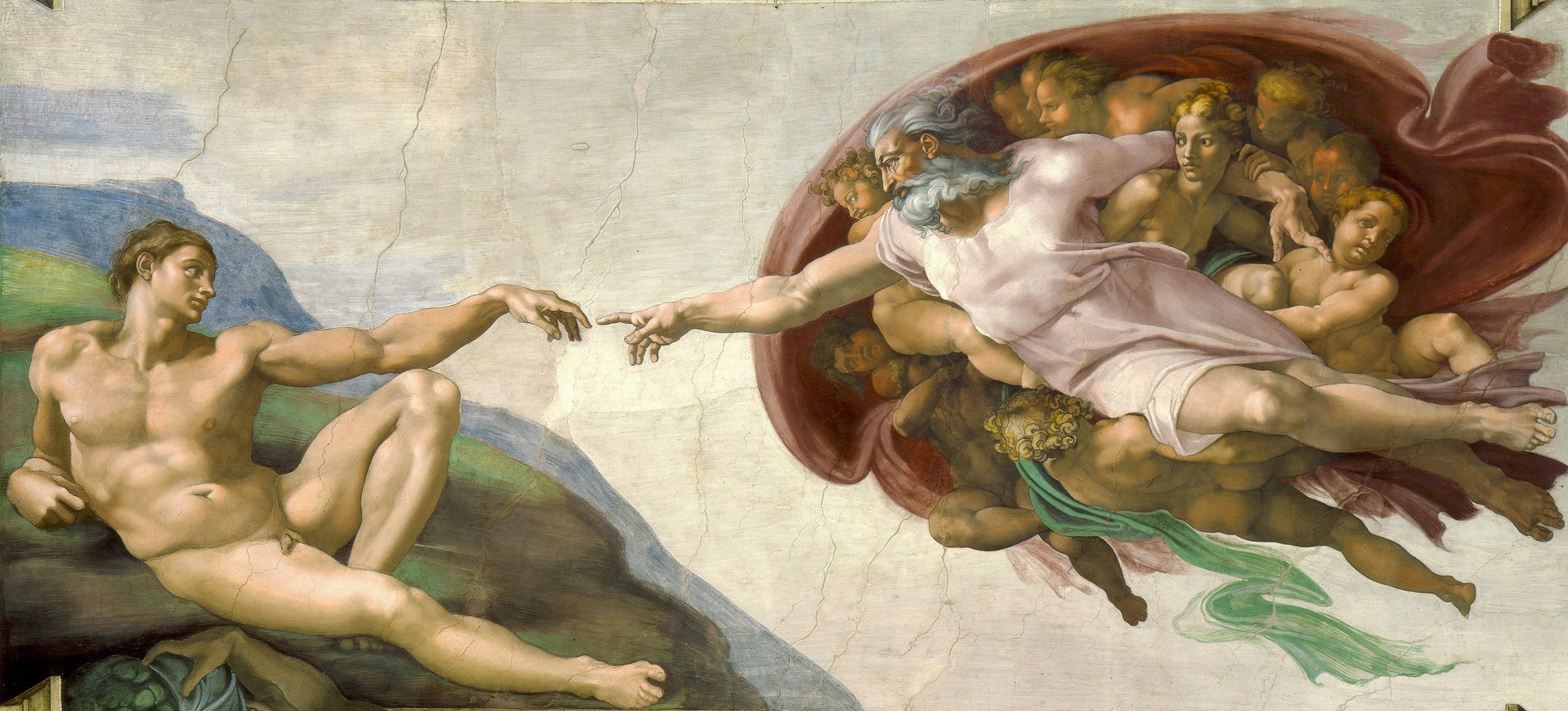In today's irreligious North American society, is the personality trait of openness to experience more strongly associated with belief and observance than it was in earlier, more religious ages? When the Christian ethos permeated society, a life of traditional religiosity–a life of faith–may have been associated with low openness. Now that these ideas and values have been pushed to the margin, to adopt them as a worldview requires a psychological liberalism, a challenge to authority, and an aesthetic sensibility that would not have been necessary in ages past. Present-day closed-mindedness seems to me to be better correlated with dogmatic adherence to the scientific-materialist worldview than it is to the worldview of revealed religion, which appears richer, thicker, and more engaging of the imagination.
Costa and McCrae propose six facets of openness to experience: fantasy, aesthetics, feelings, actions, ideas, and values (all of which are consistent with a traditional religious faith, particularly fantasy, aesthetics, and values.)
